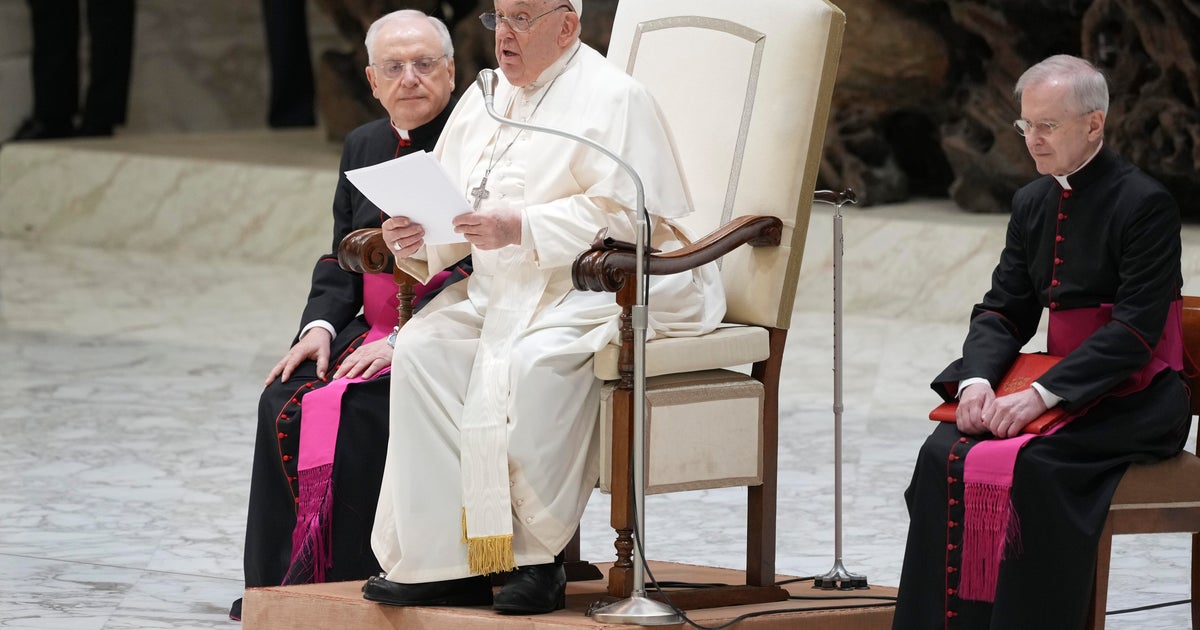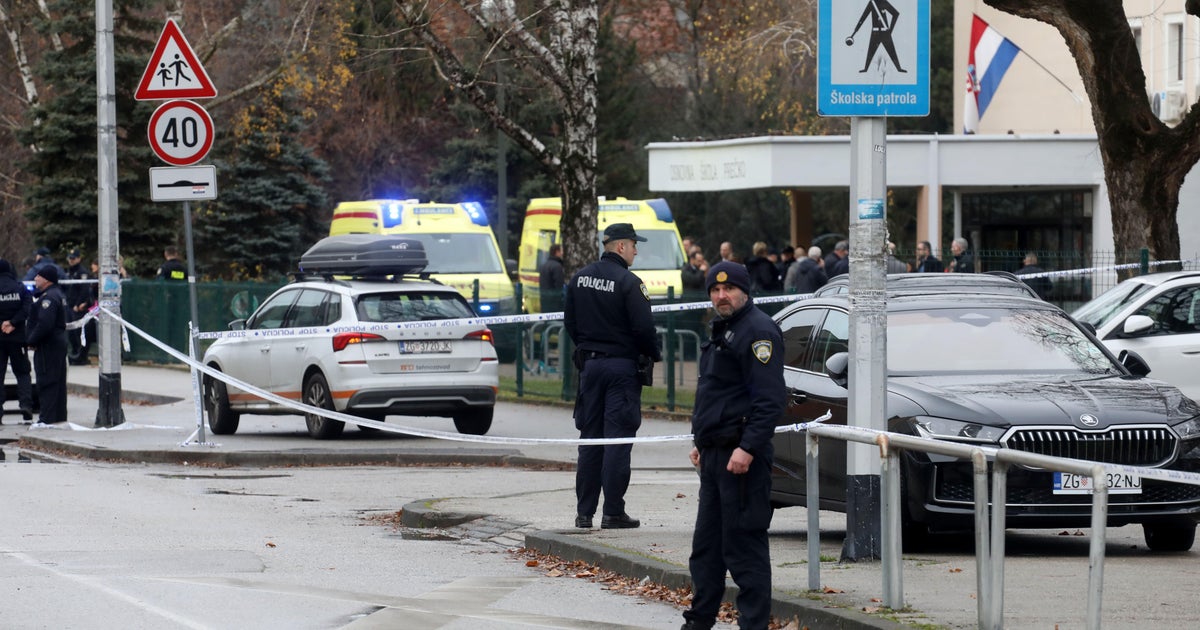French police abandon chokeholds as part of wider reforms
Paris — France's interior minister has announced that the nations' police will abandon chokeholds and the technique will no longer be taught in police academies. The move follows a week of protests in France against police violence.
The demonstrations, which turned violent in some cases, were sparked by outrage over the death of George Floyd at the hands of police in Minneapolis, but widened to include demands for action following the deaths of a number of people in French police custody.
"No one should risk their life during an arrest," Interior Minister Christophe Castaner said Monday as he announced the end of chokeholds, along with a number of other reforms for French police forces. He also promised a "zero tolerance" policy for racism within the police.
Following the January death of a Parisian delivery driver in police custody, a commission was established to draw up a set of reforms. As protests against Floyd's death went global this week, French president Emmanuel Macron asked that the commission finish its work and release its proposals.
Scooter deliveryman Cédric Chouviat, 42, died of a heart attack brought on by asphyxia as police tried to handcuff him on the ground after a routine traffic stop. Doctors found the police had applied pressure while he was on the ground, with his helmet still on. The autopsy found his larynx had been fractured.
Castaner said the police would abandon the practice of applying pressure to the neck or throat while trying to keep a suspect on the ground. He said if a suspect was to be held on the ground, it would have to be for the shortest time possible.
"French police are not American police," Castaner said, "but there are legitimate questions to be answered."
Lawyers for the families of Chouviat and two others who died in French police custody have demanded that the practice of forcing a suspect to the ground to subdue them be banned altogether.
The first day of protests in France, last Tuesday, coincided with the release of new findings on the 2016 death of Adama Traoré in police custody in a town north of Paris. His sister, Assa Traoré, said he told police, "I can't breathe," as they held him on the ground after he tried to run from officers.
Traoré's death prompted accusations of racism within the French police, but not for the first time. In the suburban high-rise housing projects with large numbers of residents from immigrant families, there has often been a tense relationship with the police, and frequent complaints that black or North African people are questioned more frequently than whites.
Lockdown measures to contain the spread of the coronavirus have only made that worse, according to some observers, as police were given sweeping powers to stop and question people.
It has prompted community activists to track and challenge any incidents they consider a misuse of power, often by posting videos of arrests on social media. There was disbelief when a video went viral just days after Floyd's killing that showed French police subduing a man with a knee on his neck.
As part of the reforms, Castaner announced that any officer facing a credible accusation of racism would be suspended, and the police internal affairs division would be overhauled to ensure better follow-up of complaints against police.





